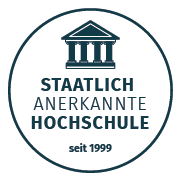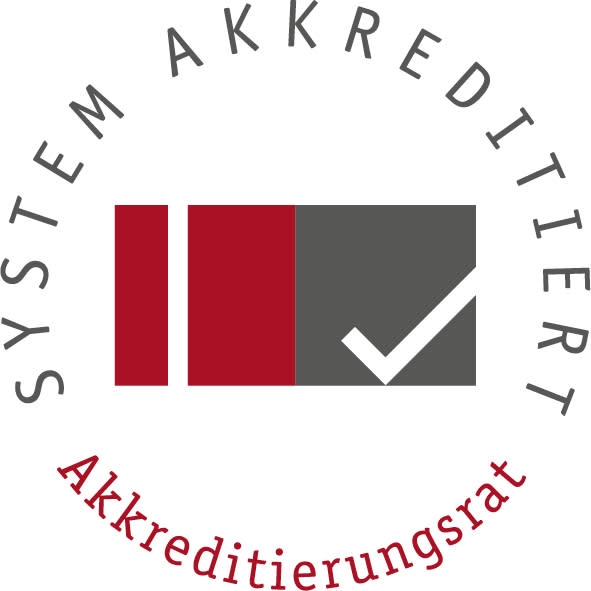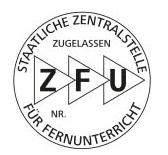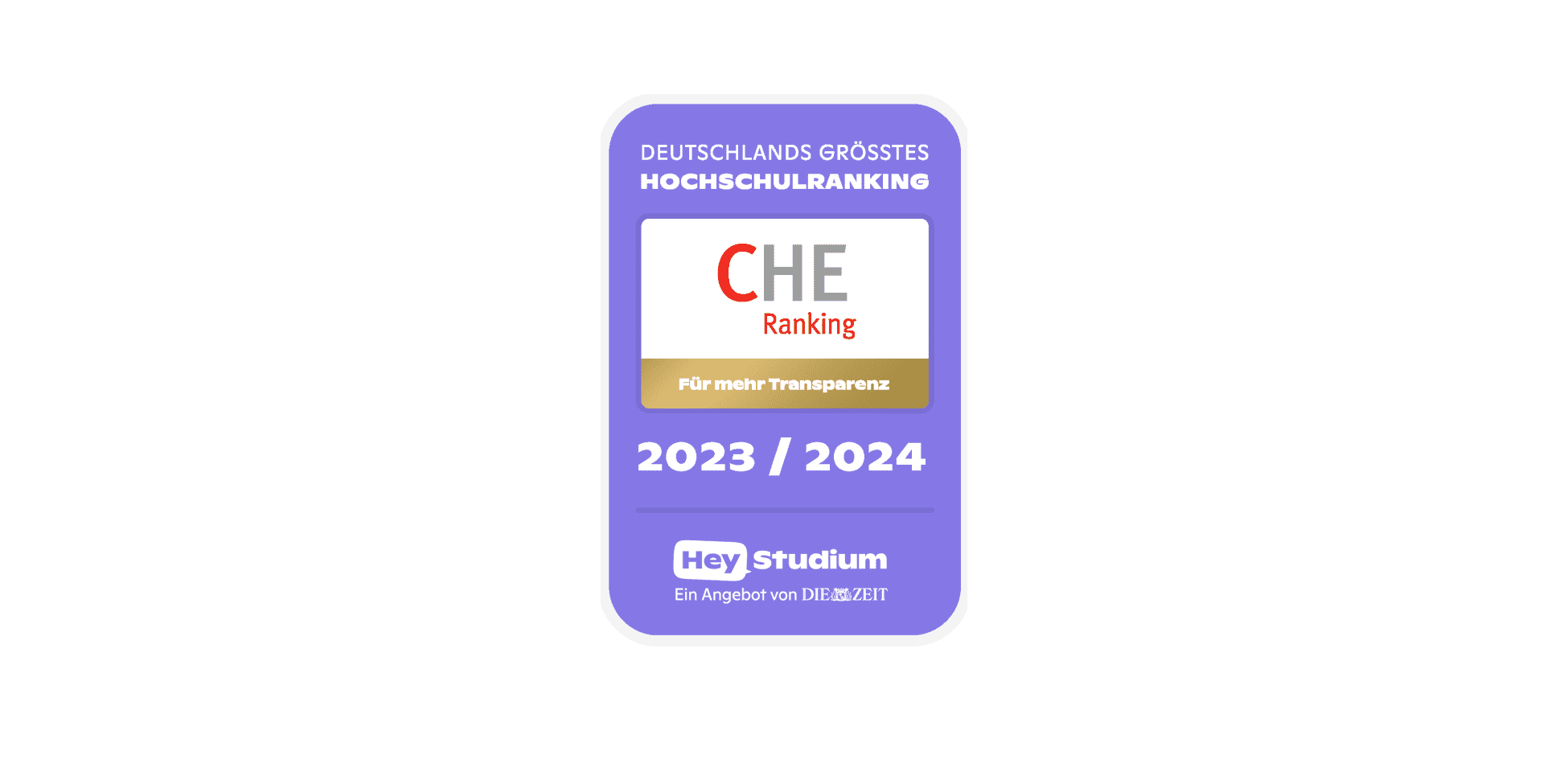Projektbeschreibung
Science, technology, engineering, and mathematics (STEM) are deemed as highly significant to any national economy and are also important fields of action for the German government's high-tech strategy. An equal gender-based participation within these fields is an essential condition for the sustainable and future-oriented development of our society. The number of women in STEM fields have indeed been growing over the past decades, and yet there is still a significant underrepresentation of women overall as well as at the central and high-profile functions, e.g., in leadership and academic positions, as top performers or with specialist expertise. In that respect, equality has not yet been achieved in relation to the formal equality required in the Basic Law (BMBF 2020).
Why does women’s representation in STEM fields matter at the first place?
It matters because “Diversity” is the key to creativity, productivity, and innovation (King, 2005, Bell et al., 2009, BMBF, 2020), where experiences from women, gender minorities, and men - regardless of their social and ethnical backgrounds - can inform and guide the direction of STEM sector. There have been countless contributions by women in STEM from the past till present including mathematical models, structured programming, radio guidance systems, understanding of genetics, forerunners of wi-fi, discovery of elements, and more. Therefore, their continuous input is vital for bringing solutions to many big problems of this century.
However, the general public knows very little about the significance of female in contrast to male contributions, why so?
The lack of sustainable measures that could ensure an increased visibility and representation of women in the culture of science and innovation in terms of equal opportunities, has been accounted for this (BMBF, 2020). Visible role models are important, they give young women self-confidence, awareness of possibilities, ensure broader acceptance of female careers and motivate them to pursue their own careers. In addition, it is essential to increase the interest in these fields among elementary, middle and high school students (Valla & Williams, 2012; BMBF, 2021). While both girls and boys take math and science courses during these levels, and despite the similarities in their achievements, fewer women than men pursue STEM majors. This transition from high school to college/university seems to be a critical moment when many young women turn away from a STEM career path (Hill et al. 2010). Drawing from previous research, a range of factors that accounts for the learning environment and the sociocultural belief and value systems, seems to influence the decisions of girls and young women when choosing their career path. In view of this, structural conditions for greater participation of girls must be created to increase their interest and confidence to pursue STEM career path.
Research questions
In the scope of this Incubator, we therefore address these needs with the following research question:
What are the barriers for female students and young women to enter STEM fields and which tools are suitable to reduce these barriers?
As a first step we aim to primarily understand and analyse the framework conditions of STEM fields of study that enable or hinder young women's initiative in STEM fields. Consequently, we develop an approach that also incorporates the aspect of awareness of the available prospects for a female STEM contributor and instigate self-enquiry among the young girls/women towards the prevailing gender stereotype especially in relation to STEM as a career path.
07/2022 – 12/2024




